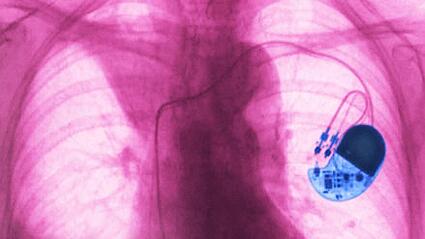 Scientists are trying to understand the language of the human nervous system to develop a new generation of medical implants. The heart pacemaker and deep brain stimulators for Parkinson’s disease are examples of preliminary efforts. The field of bioelectronics studies the electrical signals and chemical messages that control all of the major organs and tissues in the body in an attempt to interface with them to monitor health and deliver treatments through the stimulation of specific nerves. The problem is the incredible complexity of the neural network. “But neural data is incredibly noisy and complex. The human heart does not exist alone, its function is affected by other factors and messages coming from other organs, such as how fast you’re breathing, what you’ve just eaten and so on. To accurately decode all this information, we need more neural data and better interpretation techniques so we can listen to the right words needed to understand the language of the human body. Scientists have turned to a form of artificial intelligence known as machine learning to help them do this” (“How hacking the human heart could replace pill popping,” BBC, Dec. 17, 2019). Note that the human nervous system is called the “language of the human body,” and it is such a complex language that the most brilliant scientists stand in awe of it and can only understand it in a very rudimentary manner. For those who have not willfully closed their eyes, this is clear and irrefutable evidence for divine creation and against Darwinian evolution. (Friday Church News Notes, January 10, 2020, www.wayoflife.org [email protected], 866-295-4143) Comments are closed.
|
Archives
February 2020
|
Ads do not imply endorsement | Policy/Terms of Service | About Us | Contact Us | © Life Work Academy, Inc.
 RSS Feed
RSS Feed

